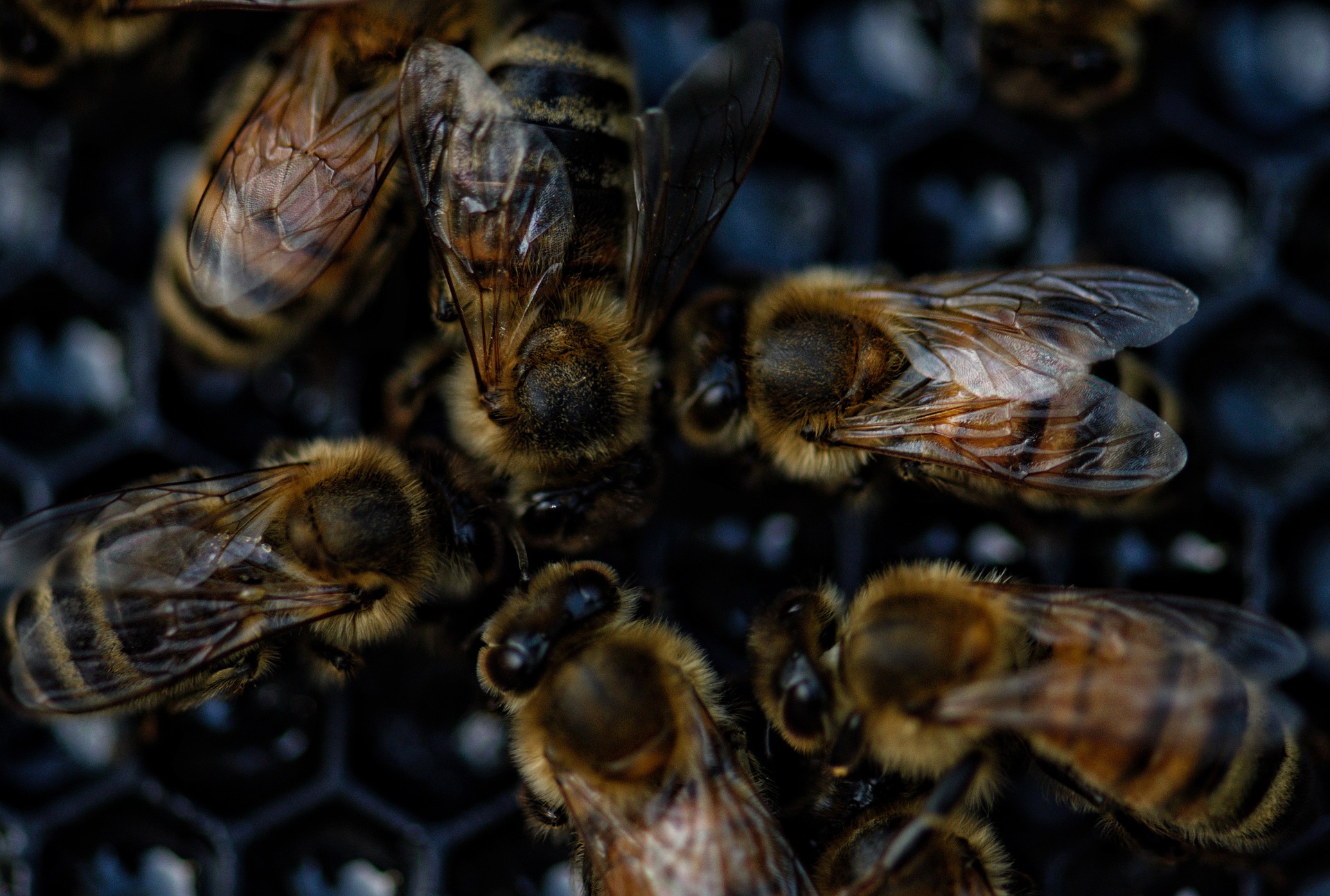Unveiling Curious Wonders: African Honeybees and their Role in Sustainability
Consumers around the world delight in the offerings of honeybees, from succulent honey products to critical contributions in the pollination of our food supply. However, amidst renowned favorites like the European honeybee, the underappreciated African honeybee has proven its exceptional worth in recent decades. Let us embark on an exploration of this unique species, its unparalleled capacities, and its promising role in sustainable development.

Leading in the Swarm: A Brief History of the African Honeybee
Hailing from the magnificent landscapes of South Africa, the African honeybee was first distinctively recognized in the 19th century. A member of the Apis Mellifera subspecies, these bees are uniquely adapted to the variable regional climates, ranging from lush tropics to stark semi-deserts. Despite initial perceptions of the African honeybee as a threat due to its invasive spread in the Americas from the 1950s, ensuing research has reshaped these views, divulging the species’ rare potential.
A Stinging Current: Highlighting New Research
Recent studies have pulsed through the field of apiculture, shedding light on the promising traits of African honeybees. Notably, they exhibit superior resistance to harmful parasites and diseases that decimate other bee populations. Moreover, their superior adaptability to environmental stressors - including fluctuations in climate - underscores a crucial advantage in our rapidly changing world.
Honey Rewards: Economic Impact and Future Prospects
In terms of market impact, the African honeybee promises new commercial horizons. Their honey production may not surpass their European counterparts; however, their hardiness and resilience offer an economically viable beekeeping option in challenging environments where other bees fail. Longer-term, the species’ toughness and utility in both honey production and crop pollination could prompt a reconsideration of its place within the global apiculture industry, potentially valued up to $15 billion.
Sweeter Truths: Scientifically Verified Insights
Evidence substantiates the admiring appraisal of the African honeybee. Studies highlight the species’ natural resistance to Varroa mites, invasive parasites that wreak havoc on global bee populations. Furthermore, their adaptability, tenacity, and disease resistance have been documented in extensive comparative studies confirming them as a robust species due to their genetics and evolved survival mechanisms.
A Sustainable Buzz: The African Honeybee and Environmental Stewardship
Integral to this narrative of the African honeybee is its role in sustainability. As pollinators par excellence, their prosperity directly enriches biodiversity, leading to healthier ecosystems. Moreover, amidst escalating threats of a global bee decline, the species’ potential for ecological resilience presents a buzzing beacon of hope. Their natural hardiness could assist in maintaining pollination services necessary for food security and diverse landscapes, ultimately fortifying our endeavors towards achieving a sustainable future.
The African honeybee may previously have been branded as a foe due to its swarming invasions and defensive stinging. However, these conceptions are rapidly changing as we delve deeper into the remarkable capabilities of this unique insect. Balancing engaging storytelling, scientific research, and global relevance, the tale of the African honeybee is one of resilience, value, potential, and most importantly, hope for a more sustainable future.




